Tire Pressure by Vehicle
Proper tire pressure is essential for vehicle safety, performance, and efficiency, and its importance varies by vehicle model due to differences in design, weight distribution, and intended use. For compact cars, maintaining the manufacturer-recommended tire pressure ensures optimal fuel efficiency and handling, crucial for city driving. In contrast, SUVs and trucks, designed for heavier loads and potentially rough terrain, require higher pressure to support increased weight and to prevent tire wear and blowouts under load-bearing conditions. Sports cars, with their focus on performance, demand precise tire pressure to maintain traction and stability at high speeds, affecting not only safety but also the enjoyment and responsiveness of the drive. Therefore, adhering to the specific tire pressure guidelines for your vehicle model is vital, as it directly influences driving dynamics, tire longevity, and safety, ensuring that the vehicle performs as engineered under all conditions.
You can find the recommended tire inflation for 1720 vehicle models manufactured from 1990 to 2025. Simply select make, model and year of your vehicle to see its recommended tire pressure.

Acura Tire Pressure
17 models
Alfa Romeo Tire Pressure
7 models
AM General Tire Pressure
1 models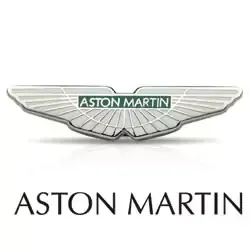
Aston Martin Tire Pressure
14 models
Audi Tire Pressure
78 models
Avanti Tire Pressure
2 models
Bentley Tire Pressure
10 models
BMW Tire Pressure
183 models
Buick Tire Pressure
23 models
Cadillac Tire Pressure
28 models
Chevrolet Tire Pressure
92 models
Chrysler Tire Pressure
19 models
Coda Tire Pressure
1 models
Daewoo Tire Pressure
3 models
Daihatsu Tire Pressure
2 models
Dodge Tire Pressure
50 models
Eagle Tire Pressure
4 models
Ferrari Tire Pressure
60 models
Fiat Tire Pressure
5 models
Fisker Tire Pressure
2 models
Ford Tire Pressure
64 models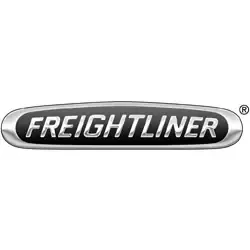
Freightliner Tire Pressure
2 models
Genesis Tire Pressure
9 models
Geo Tire Pressure
4 models
GMC Tire Pressure
54 models
Honda Tire Pressure
21 models
Hummer Tire Pressure
4 models
Hyundai Tire Pressure
32 models
Ineos Tire Pressure
2 models
Infiniti Tire Pressure
34 models
Isuzu Tire Pressure
16 models
Jaguar Tire Pressure
24 models
Jeep Tire Pressure
18 models
Karma Tire Pressure
2 models
Kia Tire Pressure
29 models
Lamborghini Tire Pressure
8 models
Land Rover Tire Pressure
13 models
Lexus Tire Pressure
73 models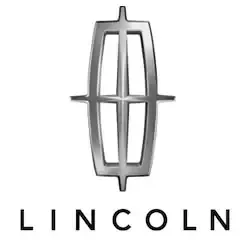
Lincoln Tire Pressure
17 models
Lordstown Motors Tire Pressure
1 models
Lotus Tire Pressure
8 models
Lucid Tire Pressure
1 models
Maserati Tire Pressure
13 models
Maybach Tire Pressure
2 models
Mazda Tire Pressure
34 models
McLaren Tire Pressure
14 models
Mercedes-Benz Tire Pressure
236 models
Mercury Tire Pressure
15 models
Mini Tire Pressure
5 models
Mitsubishi Tire Pressure
22 models
Mobility Ventures Tire Pressure
1 models
Nissan Tire Pressure
41 models
Oldsmobile Tire Pressure
18 models
Panoz Tire Pressure
2 models
Peugeot Tire Pressure
2 models
Plymouth Tire Pressure
10 models
Polestar Tire Pressure
3 models
Pontiac Tire Pressure
19 models
Porsche Tire Pressure
15 models
RAM Tire Pressure
11 models
Rivian Tire Pressure
4 models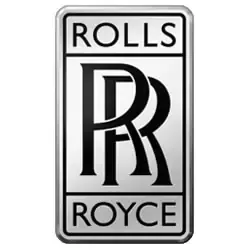
Rolls-Royce Tire Pressure
17 models
Saab Tire Pressure
8 models
Saleen Tire Pressure
1 models
Saturn Tire Pressure
26 models
Scion Tire Pressure
8 models
Smart Tire Pressure
2 models
SRT Tire Pressure
1 models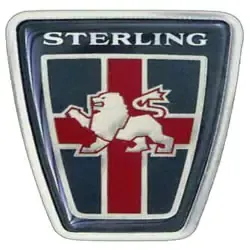
Sterling Tire Pressure
1 models
Subaru Tire Pressure
18 models
Suzuki Tire Pressure
15 models
Tesla Tire Pressure
6 models
Toyota Tire Pressure
47 models
VinFast Tire Pressure
2 models
Volkswagen Tire Pressure
30 models
Volvo Tire Pressure
31 models
VPG Tire Pressure
1 models
Yugo Tire Pressure
2 modelsAll listed guides, data and/or calculations are for informational purposes only. TirePressure.com does not warrant or make any representations regarding the accuracy of or the results of the use of this information. Always refer to vehicle owner's manual for the correct tire pressure configuration.